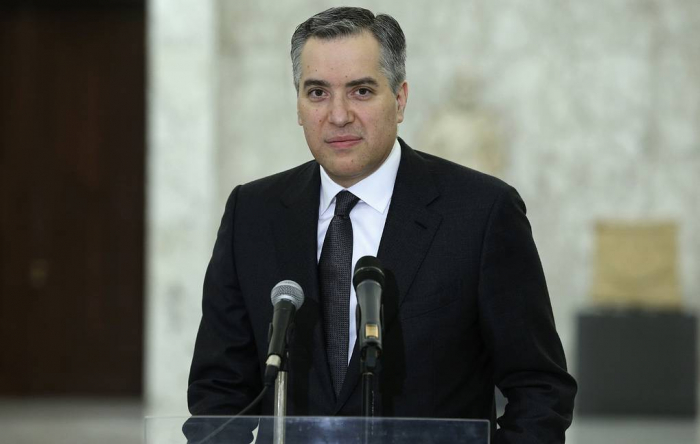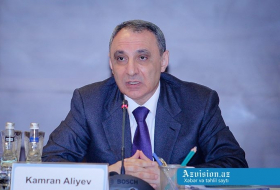In a televised address on Saturday, Adib said he was stepping down from “the task of forming the government” following a meeting with President Michel Aoun.
Adib, a former ambassador to Berlin, was picked on August 31 to form a cabinet after the last government led by Hassan Diab resigned in the aftermath of the Beirut port blast on August 4 that killed some 200 people.
The efforts to form the Lebanese government failed despite French pressure on sectarian leaders to rally together to deal with the worst economic crisis since the 1975-1990 civil war.
Reporting from Beirut, Al Jazeera’s Zeina Khodr said Lebanon’s “different political parties [had] promised French President Emmanuel Macron the government would be in place by mid-September”.
“The Shia parties, Hezbollah and Amal, were intransigent, and insisted that they wanted the finance minister portfolio. They said that it belonged to their sect,” she said.
Khodr said Adib was “trying to create a government of experts… to handle the dire economic and financial crisis in the country”.
“But he faced a major stumbling block in Lebanon’s sectarian-based system of government.”
Crushed by a mounting debt crisis, Lebanon’s banks are paralysed and its currency is in a freefall. Talks with the International Monetary Fund on a vital bailout package stalled this year.
More about: Lebanon
















































